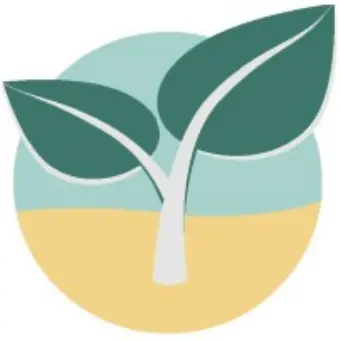
Locations
Tanzania · Uganda · Dar es Salaam, Tanzania · Nampula, Mozambique
industry
Renewables & Environment · Sustainability
Size
51 - 200 employees
Stage
Other
founded in
1995
Green Resources (GR) is Africa’s largest forestation company and a leader in East African wood manufacturing. The company has 45,000 ha of standing forest in Mozambique, Tanzania, and Uganda, established through its own planting activities. It operates East Africa’s largest sawmill in Tanzania and electricity pole and charcoal plants in Mozambique, Tanzania, and Uganda. It is also one of the first companies globally to receive carbon revenue from its plantation forests. GR was established in 1995 and is a private Norwegian company with 80 shareholders. It employs 3,500 people as well as engaging numerous contractors and suppliers. The companies making up GR have invested close to USD 300 million of equity in its African operations. GR aims to serve the growing regional and global demand for wood products. Its strategy is based on growing wood for both traditional uses and the growing bio-chemical and energy sectors. GR is a leader in carbon finance with four validated reforestation projects. GR harvests logs from its own plantations, and revenues from harvesting are expected to increase sharply over the next few years. GR aims to follow the highest international environmental standards by conserving natural forest and other valuable habitats. The company has three-quarters of its planted forests certified according to the Forest Stewardship Council (FSC) standard and is aiming for 100% certification. As part of this sustainability policy, the company only harvests plantation forest, is currently planting at least ten new trees for every one it harvests, and only plants on low-value grassland or degraded forestland. GR’s strategy is based on the sustainable development of the areas in which it operates. The company believes forestation is one of the most efficient ways of improving social and economic conditions for people in rural areas and aims to be the preferred partner for local communities in these areas as well as the favored African employer within its industry.
Something looks off?




